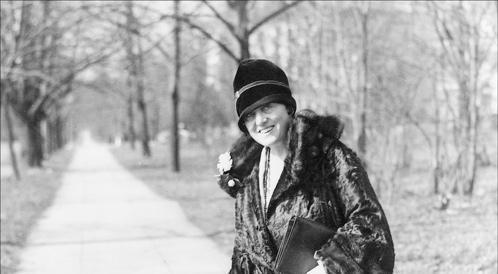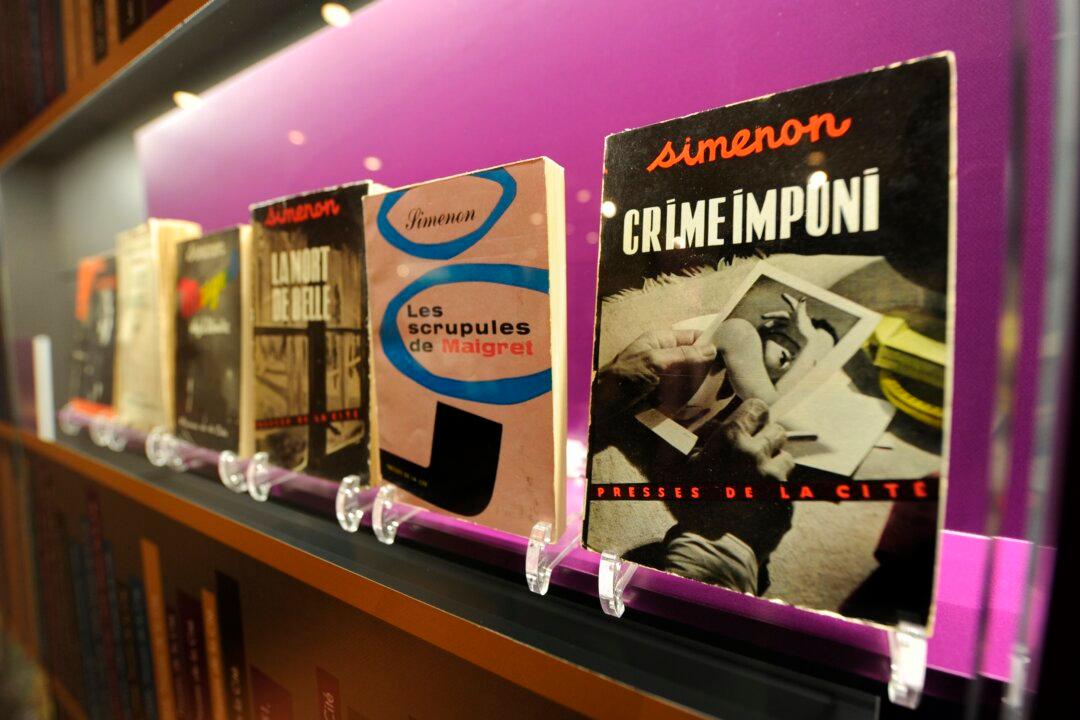Many years ago, during the twilight of the Soviet Union, millions of Soviet citizens enjoyed the guilty pleasure of reading a detective novel or two. Emphasis should be placed on the word “guilty,” for, with the exception of Vasily Livanov and Vitaly Solomin’s depictions of Sherlock Holmes and Dr. Watson on Soviet state television from 1979 until 1986, the Soviet government frowned on the detective genre.
This stemmed in no small part from Marxist interpretations of the genre as thoroughly wedded to bourgeois rationalism, individualism, and the ideology of the capital marketplace. Fictional detectives, especially those like Holmes or Dorothy L. Sayers’s Lord Peter Wimsey, were critiqued by communist literary critics for their lack of revolutionary consciousness. Thus, so many mystery-hungry Soviets, such as Grigory Chkhartishvili’s wife, dared to read mystery novels in public only if they were first covered with brown paper.




